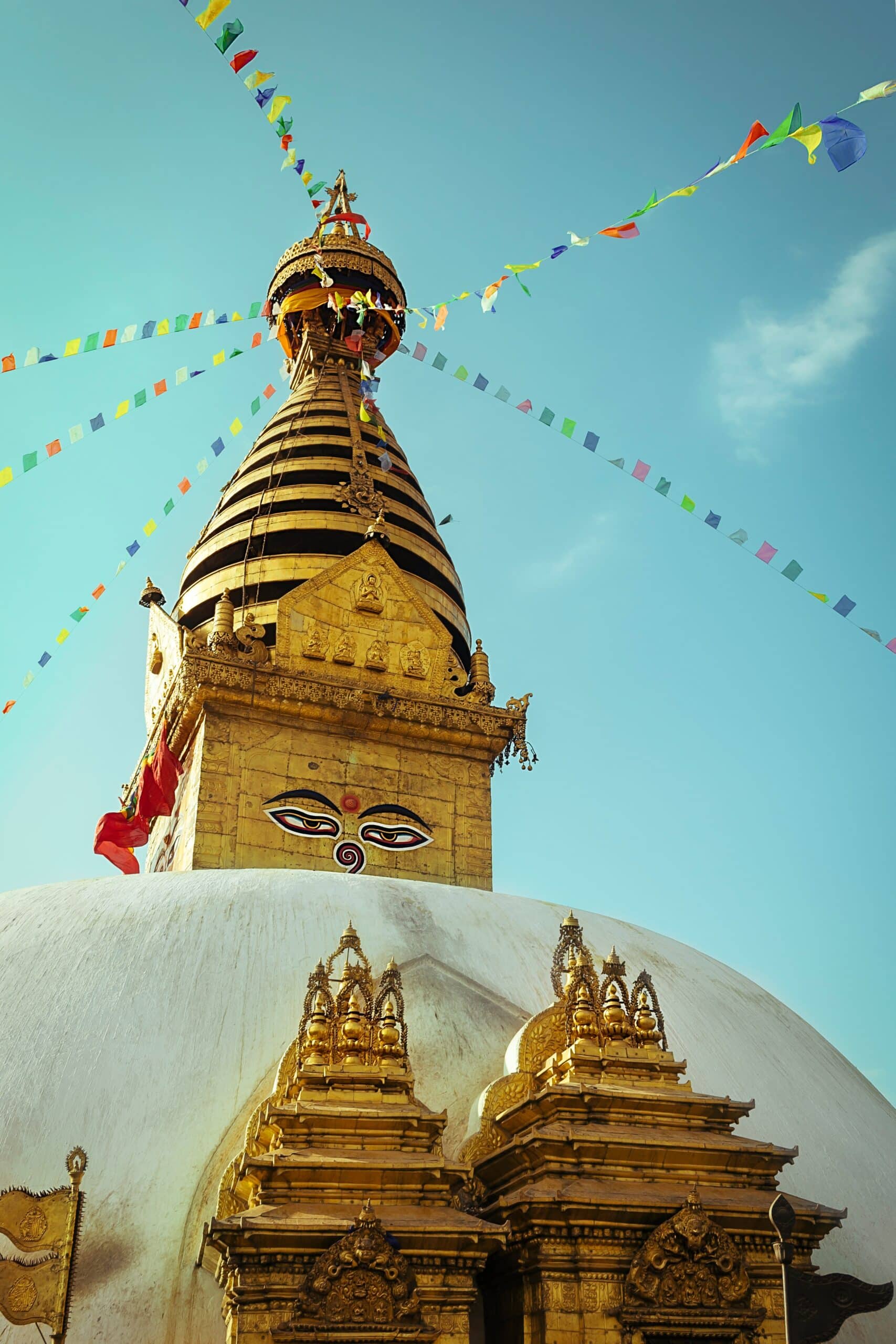“During the process of dying, we often experience a lot of attachment to the things of this life. Due to these attachments, we may feel hatred or anger toward others. We may feel intense fear of our impending death. If we are overcome by these afflictions and fear, not only do we experience temporary suffering, but passing through the bardo becomes difficult.
We want to make sure that we do not take a bad rebirth; we want a good rebirth. Ideally, we want to be reborn in a pure realm. If not, at least we want to be reborn in a human body in which we can practice the Dharma. This is very important. What can get in the way of that? The afflictions are waiting in ambush for us. At the time of death, they arise, and we will feel attachment, aversion, hatred, jealousy, fear, and other emotions. We may also experience suffering at that time because we lack good methods for taking death as the path. We must make sure that this doesn’t happen. The instructions on the bardo say that we must not be overcome by afflictions or fear. In order to take the path to a good rebirth, we need to remember the Buddha, the Dharma, the sangha, and our yidam deities. Through remembering them and supplicating and praying to them, our mind becomes relaxed and naturally settles. We need to clear away afflictions and fears, remember love and compassion, have a kind heart, and recall these instructions.
The teachings on mind training, or lojong, say that we should remember that all sentient beings have to experience the suffering of death. We think, “May this suffering not happen to any other sentient being; may all of it ripen upon me.” We do the visualization of tonglen, of sending and taking, and through this we create imprints in our mind. If we do this practice in this life and create strong imprints, in the bardo these imprints will awaken and lead us toward a good rebirth.”
from “Advice from a Yogi: An Explanation of a Tibetan Classic on What Is Most Important” by Padampa Sangye, Khenchen Thrangu, Thrangu Dharmakara Translation Collab



